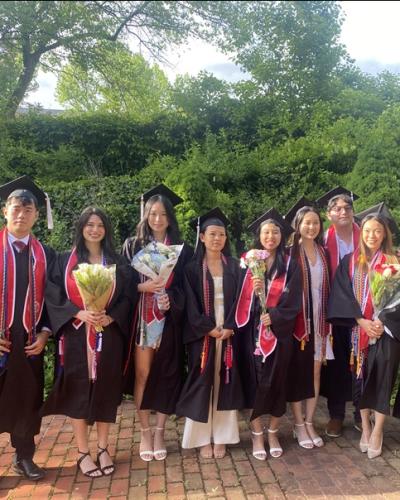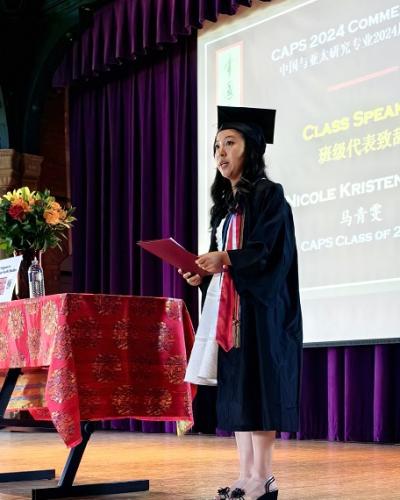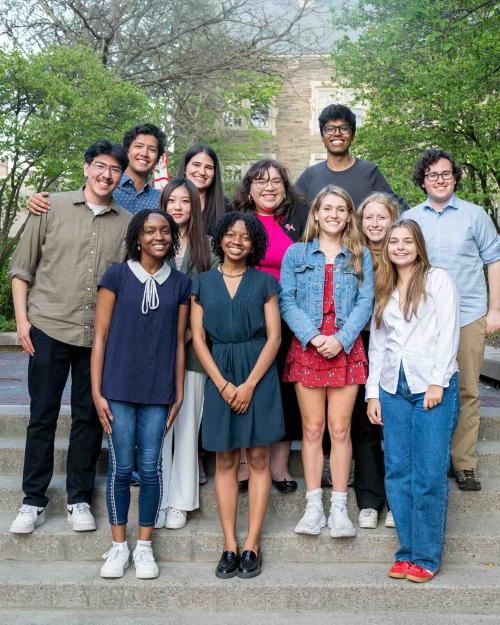"The Urbanization of People: Politics of Development, Labor Markets, and Schooling in the Chinese City." -- February 18, 2019, G76 Goldwin Smith Hall
As more rural populations move to megacities, China's city-level governments are implementing bureaucratic rules to manage the new flow of people. These new policies aim at "urbanizing" these workers who have found employment in China's manufacturing, construction, and financial service sectors. However, Eli Friedman, an Associate Professor of International and Comparative Labor at Cornell's ILR School and a member of the CAPS faculty, disputes this utopian vision with findings from his research. Friedman is the author of Insurgency Trap: Labor Politics in Postsocialist China (published by Cornell University Press) and China on Strike: Narratives of Workers' Resistance (published by Haymarket Books), both of which contributed to the content of this lecture. More recently, he published a research article in Critical Sociology, titled "Just-in-Time Urbanization? Managing Migration, Citizenship, and Schooling in the Chinese City," based on two-hundred and fifty interviews and ethnographic observations. This lecture was the second of CCCI's Spring 2019 Issues in Contemporary China Lecture Series.
Friedman began the talk with a personal anecdote from his observations during the summer of 2011 in Beijing, China, when the city demolished several schools for the children of migrant workers. After these privatized and badly under-resourced schools were torn down, the children and their migrant worker parents were subsequently sent back to their rural areas of origin. These policies actively contradict the Chinese government's recent "urbanization of people" campaign which theoretically sought to increase the openness of urban areas to rural migrants. Based on China's dramatically reduced consumption expenditures as a percentage of Gross Domestic Product (GDP), China's urbanization policies are intended to "rebalance the economy."
This lecture centered on the following question: How do Chinese megacities manage flows of people? To answer the first question, Professor Friedman coined the term "just-in-time production" (JIT) as China's utopian goal of managing people. Referencing Toyota's production system model, Friedman refers to this state strategy as a way to "deliver the right labor to the right place, at the right time, in just the right quantity." The hukou 户口 system and point-based citizenship are among the strategies that Chinese cities use to control the movement of migrant workers and prevent their permanent residence in megacities. Ultimately, Friedman refers to this strategy as "utopian" and "unrealistic" because of human subjectivity's role. Mostly, humans are not auto-parts.
To conclude the lecture, Friedman examined that the social consequences of these policies create an "inverted welfare state" in China. This system devotes public resources and funds away from citizens in need, namely migrant workers and their children, and to Chinese people who need them least. Examples of this practice are the exclusion of migrant workers' children from public schools and city citizenship. The talk concluded that this utopian strategy in Chinese megacities will have dystopian consequences in the near future, if not quickly resolved.
The CCCI's Lecture Series occurs every Monday from 4:30-6:00 pm in G76 (Lewis Auditorium) Goldwin Smith Hall. Visit Cornell East Asia programs' website for more information.






